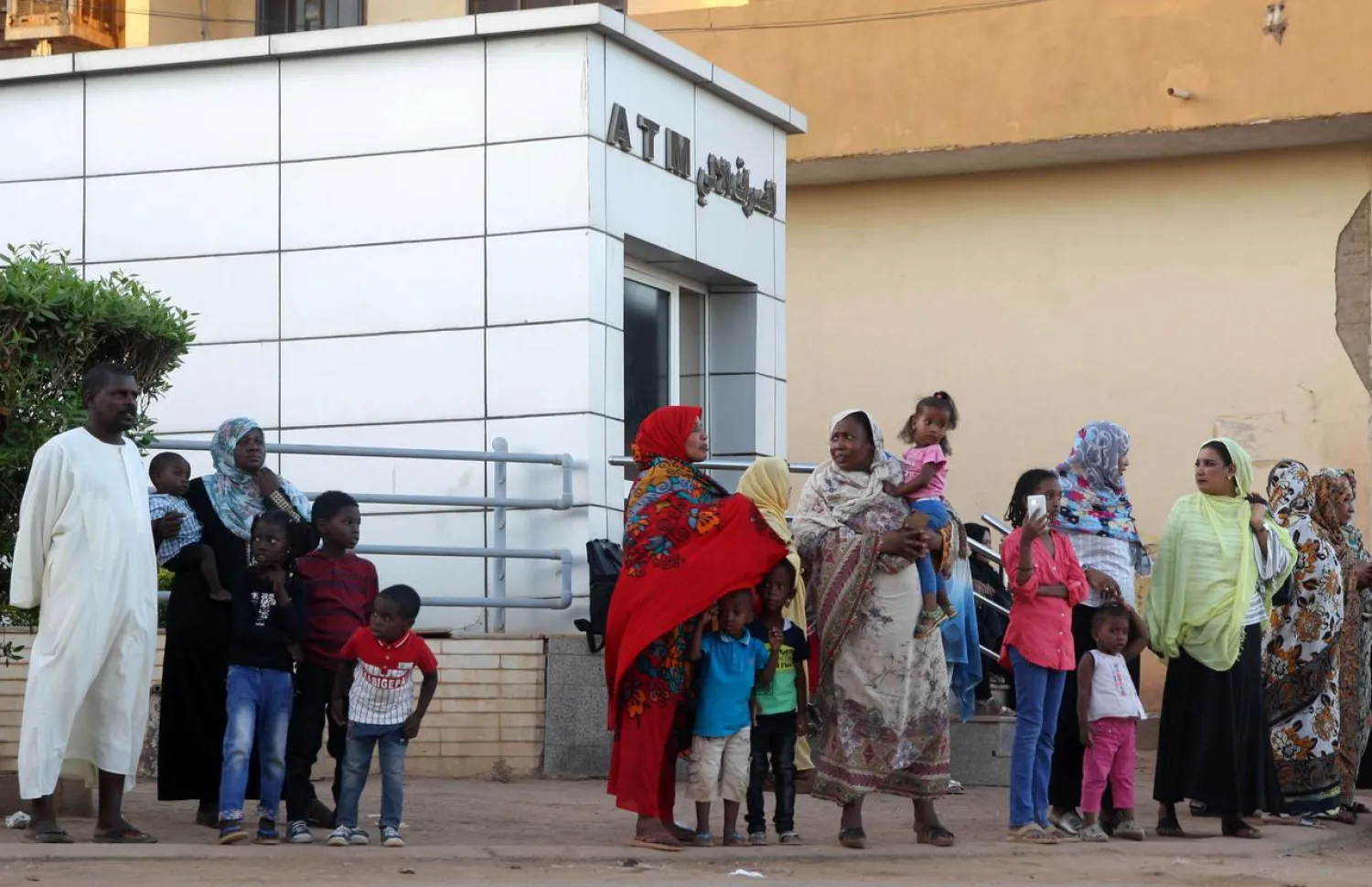Several banks in Sudan are introducing Visa payment systems as the country seeks to develop its financial sector following decades of isolation, a central bank official and the US financial services company said.
Bank of Khartoum, Qatar National Bank and United Capital Bank (Bank Almal) have received approval to start using the systems, which were expected to be launched in about three weeks, said Omar Amrabi, head of electronic banking services (EBS) at Sudan’s central bank.
A further six banks have applied for approval and were awaiting a response, he said, according to Reuters.
Commercial and financial transactions in Sudan have been restricted by sanctions and the country’s listing as a state sponsor of terrorism by the United States in 1993.
European banks including HSBC Holdings and BNP Paribas agreed in 2013 and 2014 to pay more than $10 billion to settle cases brought by the United States over alleged transactions with sanctioned countries including Sudan.
Sanctions were lifted in 2017 and the United States has indicated that Sudan will be removed from the terrorism list following the overthrow of former leader Omar al-Bashir last year, without giving a time frame.
The terrorism listing continues to deter many foreign investors and banks from doing business in Sudan and Washington is blocking funding from the International Monetary Fund and World Bank until the country is removed from the list.
Sudan has also suffered from liquidity shortages and transfers of foreign currency are strictly controlled.
“We are working closely with select financial institutions in Sudan to progress the introduction of Visa payment solutions in the country,” Visa said in a statement.
“Visa is pleased to be building new partnerships that will bring the benefit of Visa’s world-class payment technology to help support financial inclusion and economic growth in Sudan.”
Initially, Visa payments are expected to be limited to foreign currency payments and capped at $3,000, the maximum amount of foreign currency travellers are allowed to take out of the country.
The first automated teller machines (ATMs) for international withdrawals would be installed at hotels, the central bank’s Amrabi said.
In December, Sudan’s Nile Bank signed an accord with US software firm Oracle Corp for the provision of a mobile banking platform.
The government also said last month that it was in talks with US lender Citibank about entering Sudan.









